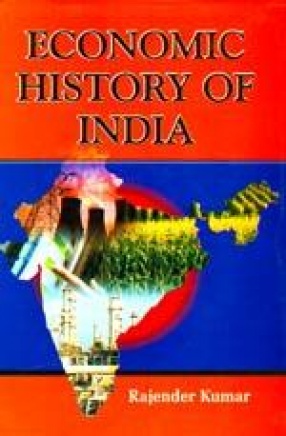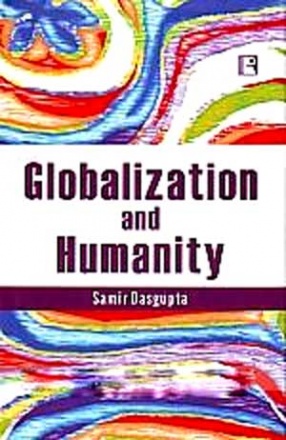The economic system of any country is geared to satisfy the unlimited wants of its people, using scarce resources, through organized group behaviour. Hence, human behaviour plays an important role in determining economic activity. Human behaviour in turn is influenced to a great extent by social institutions. Hence, the economic history of a people is obviously an aspect of their social history, and cannot be fully comprehended without reference to it. It is interwoven with the structure and norms of the social institutions of a country, and economic developments both influence and in turn are influenced by the social institutions. In short, economic development has both social causes and consequences. The two social institutions on the basis of which Indian society has been organized since ancient times, are the Hindu Joint Family and the Cast System. Many scholars have put the blame for India's economic backwardness on the shoulders of these two institutions. However, a detailed analysis of their characteristics and the changes in them through the ages will reveal that these institutions have not determined economic growth, but have certainly influenced its form tempo.
Economic and Social History of India
In stock
Free & Quick Delivery Worldwide
reviews
Bibliographic information
Title
Economic and Social History of India
Author
Edition
1st ed.
Publisher
Omega Publications, 2008
ISBN
8184550498
Length
viii+304p,.
Subjects






There are no reviews yet.